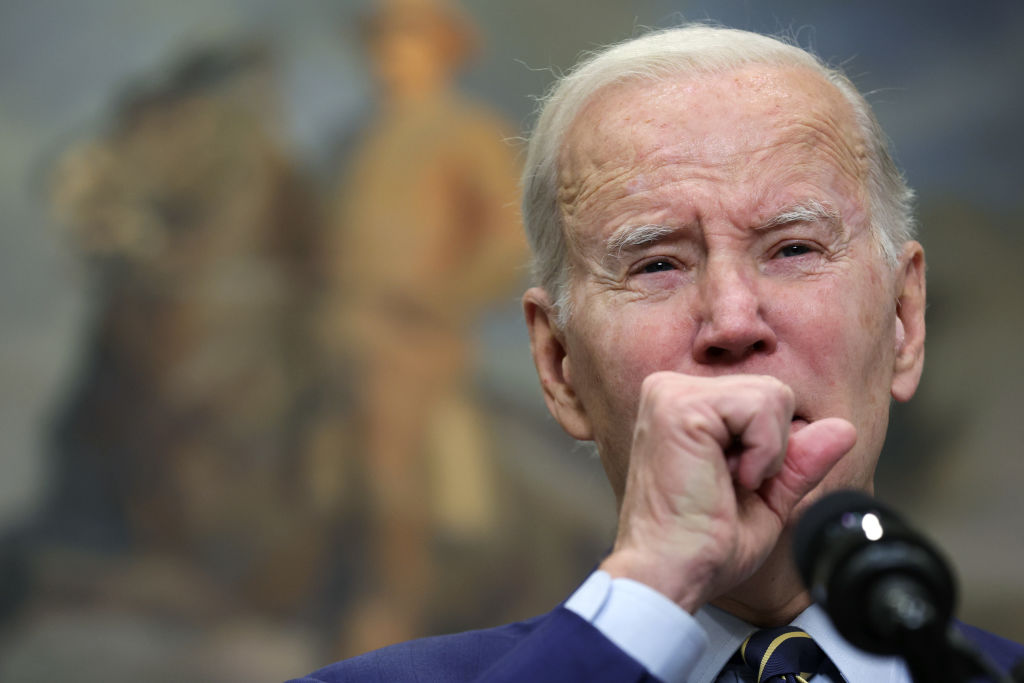The Inflation Reduction Act (IRA)–according to recent reports–could cost the American people a whopping $1.2 trillion in subsidies according to recent reports. That means that this absurdly titled bill will cost approximately four times the initial $370 billion estimate reported by the Congressional Budget Office. “Passing this bill today means more expensive bills for Americans tomorrow. And anyone who says otherwise isn’t telling the truth,” [House Speaker Kevin] McCarthy said. “Your pocketbook is their plan to fund more inflationary spending.”
Democrats claim that this bill will help decarbonize the US economy and promote green energy. Putting aside the impossible and irresponsible goal of destroying our entire energy production capacity in favor of inefficient green energy initiatives, this will substantially contribute to inflationary pressures and add to the already gargantuan levels of government debt. The bill offers innocuous-sounding tax credits and subsidies to wind, solar, and battery production, while also promoting U.S.-based mining of essential minerals for battery manufacturing. Sounds great, doesn’t it? But let’s dive a little deeper.
According to Goldman Sachs analysts, the bill’s generous subsidies for green energy will encourage private companies to invest an additional $3 trillion in green energy projects, putting massive upward pressure on energy prices, which are historically the largest drivers of inflation. This will undoubtedly hurt everyday consumers in the long run, not to mention completely fail in its objective to produce sustainable energy for all Americans.
Supporters of the IRA argue that it will have little impact on inflation. In fact, a preliminary estimate by the University of Pennsylvania Penn Wharton Budget Model suggests that the bill’s effects on inflation would be “statistically indistinguishable from zero.” President Joe Biden and other prominent economists have also touted the bill’s potential to reduce inflationary pressures by cutting government spending by $300 billion over 10 years.
However, how can we trust that this bill won’t lead to inflation when the costs are so high? The essence of inflation is too much money chasing too few goods and services. That is precisely what this bill will lead to. Moreover, our already staggering $33 trillion in debt will continue to climb, continuing to destabilize the economy and lessening confidence in the solvency of the US government. Then-House Minority Leader Kevin McCarthy stated in August 2021 that the bill would spend “half-a-trillion of your money,” building on “trillions in wasteful spending that caused runaway inflation.” He argued that passing the bill would lead to more expensive bills for Americans in the future and urged lawmakers to think carefully about the impact of such spending on the average citizen’s pocketbook.
Whether or not you are for or against transitioning to green energy, we need to be smart about it. We can’t ignore the potential consequences of such massive spending.













